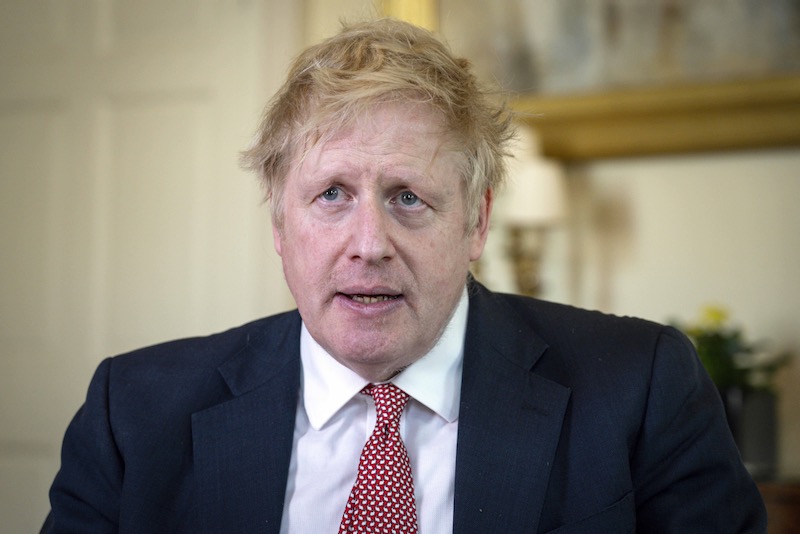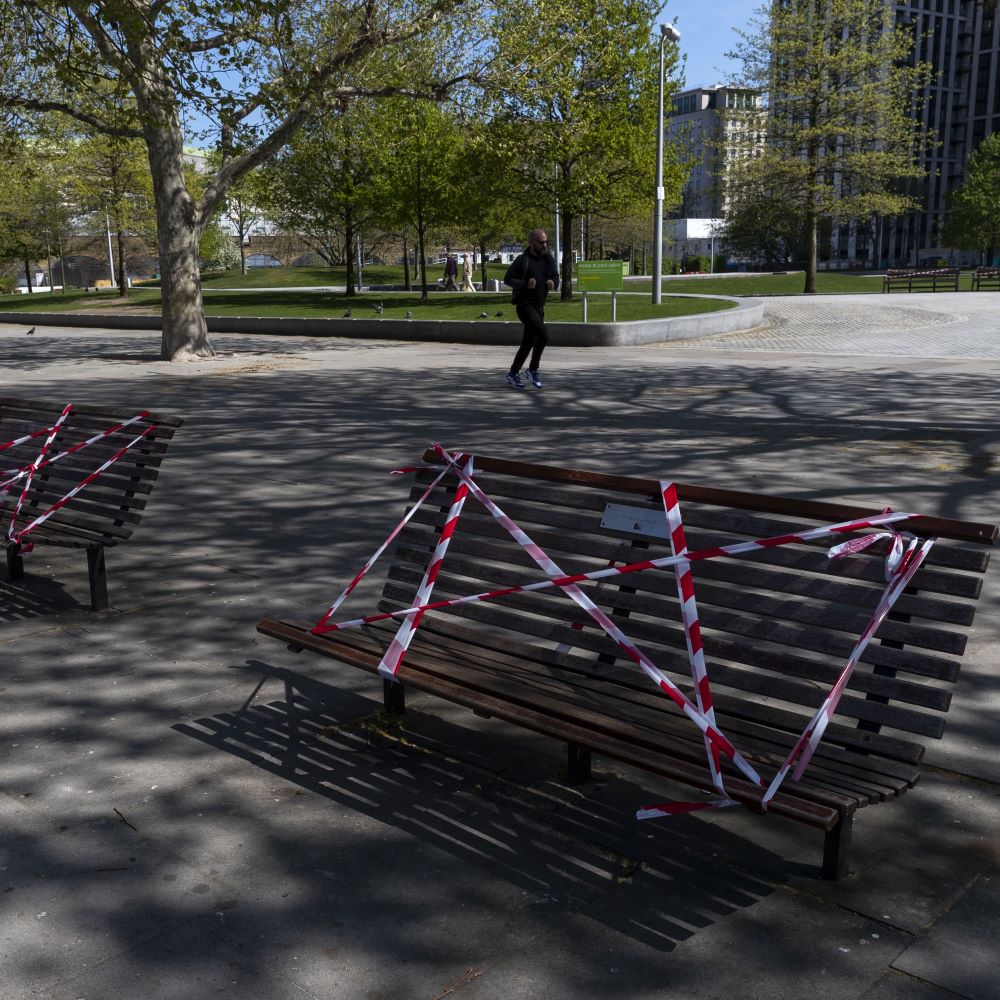It came as something of a surprise when my friend Sister Rachel informed me, amidst the lively din of a refugee day centre, that I had a dedicated medieval saint I could kindly invoke to offer me spiritual comfort and guidance. What particular calling or condition might I have to warrant such meritorious attention. Well, it transpires that Saint Peregrine Laziosi was a 14-century Italian saint of the Servite order, whose tonsured piety is well captured in a later painting by Filippo Lippi. More to the point, he is the patron saint of persons suffering from cancer.
When I had this fleeting conversation with Sister Rachel, I had only quite recently been diagnosed with prostate cancer and the full emotional import of what turned out to be a late diagnosis had not fully registered. I had been working as a volunteer in the Day centre of the Jesuit Refugee Service (JRS) in Wapping for a number of years, and had a ready familiarity and comforting engagement with my fellow volunteers, who comprised both laypeople and those from religious orders. As well as a humbling respect and passionate regard for the many refugee friends who regularly attended the drop-in centre, and who I sensed I would soon have to distance myself from.
The late diagnosis had meant that one of the standard treatment options, which offered some hope of clinical success (at least in the short term) and is favoured as a way to shrink the cancer, namely chemotherapy, had been arranged for a month ahead. The knowledge that to enable me to obtain the optimum health outcome was to avoid one of the identified risk factors which might easily precipitate urgent medical intervention.
That was picking up an infection with a lowered immunity system whilst undergoing treatment. So the teasing banter which so peppered my interactions with my fellow volunteers when I invariably found myself fronting the welcome desk, not to mention the many lightly delivered theological and exegetical asides I mischievously aimed in the direction of one of the more seasoned Jesuit volunteers, Father Harry, whose much sought after spiritual counsel was dispensed with effortless simplicity and deep humanity. This long-established sociability was now freighted with the more foreboding presence of incurable cancer, and the measured uncertainties of future treatment outcomes and long-term survivability.
So when I left the day centre for the last time at the beginning of this year, as it was agreed that I would need to self isolate to better protect my – soon to be compromised – health system, a term now such a familiar part of the COVID-19 lexicon. I did so with a heavy heart and with, what I have to admit at the time was a resignedly doleful outlook. Which I could hardly have imagined would be followed, within a few short weeks, by the centre closing its doors (it now operates as many other charitable bodies have been forced to do by distributing vitally needed practical assistance by outreach work and over the phone advice to destitute refugees and asylum seekers).
The last few months have been among the most emotionally challenging of my life and my normal recourse to active participation in voluntary work which acted to connect me with my foundational Christian beliefs, enacted most importantly in the guiding philosophy underpinning the JRS, to serve, accompany and advocate, was being curtailed for the reasons above.
But the pressing reality of a heightened risk of Covid-19, now so defined as a disease and governing to how we all live and are to varying degrees vulnerable to infection, means that I have now been involuntarily enlisted into the category of the "shielded" million and a half citizens told to remain in seclusion for at least three months. As a consequence I have had to pause my chemotherapy until such time as this fearful Covid-19 risk is greatly reduced or removed.
I do however derive some residual comfort and blessed relief on remembering Sister Rachel's felicitous remarks at the beginning of my cancer journey, as to the intercessory benefits of calling upon the prayerful assistance of Saint Peregrine, who overcame his own cancerous challenges those many centuries ago, and whose feast day is on May 4.
On this day, I will call upon the Lord to heal me in body, mind and soul, so I can return at some point – and I am fervently hopeful that it will not be so long away – with a renewed vigour and strength to continue to work alongside those whose fractured lives I have been so wonderfully privileged to know, to better serve and accompany them in the trials they face.
Mike Guilfoyle is a volunteer at the Hurtado Jesuit Centre in Wapping. He writes a monthly blog post for the Centre for Crime and Justice Studies (CCJS), has written articles for the Jesuit Refugee Service (JRS) and as a local cemetery historian, he contributes regular blogs to community websites.



 Loading ...
Loading ...
What do you think?
You can post as a subscriber user ...
User comments (0)